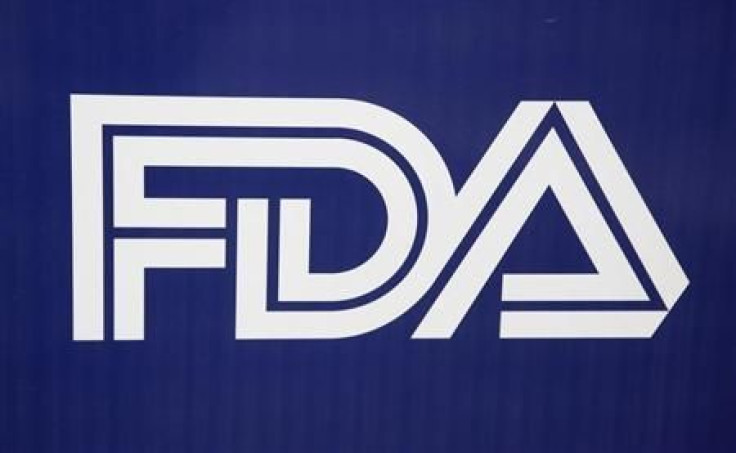'They'll Starve To Death': FDA OKs Drug Imports To Address Nutritional Medicine Shortage For Sick Babies

The U.S. Food and Drug Administration (FDA) announced today that it has taken steps to end a shortage of drugs needed to treat premature infants and people who are unable to eat or drink. The agency said the injectable drugs used in total parenteral nutrition (TPN) — feeding a person intravenously and bypassing the eating and digestive processes — will be imported into the U.S. and will be made available to patients later this week.
TPN is primarily used to treat premature infants, but is also used on cancer patients who have had gastrointestinal surgery and are unable to eat or drink by mouth, the FDA added.
There have been shortages of several drugs that make up TPN solutions, including potassium phosphate and sodium phosphate. The shortage was caused when American Regent, a division of Luitpold Pharmaceuticals and a large manufacturer of TPN drugs, decided to temporarily shut down at the end of 2012 because of quality problems, the FDA says.
Although the agency initially worked with the company to avoid a shutdown, American Regent eventually decided that temporarily closing its doors was the best way to deal with the problems, which included particulate contamination in its injectable drugs.
Given American Regent's shutdown, the FDA says it immediately started looking for other sources of TPN drugs, including overseas. It has reached out to the U.S.-based unit of German infused medicines manufacturer Fresenius Kabi, which will import trace elements and phosphate injections from its plant in Norway. The agency says it's also working with other manufacturers of TPN drugs in the U.S. to boost their supplies.
"If [patients] cannot eat anything by mouth they have to be provided intravenous nutrition or they'll starve to death in a very short period of time," Ohio State University clinical pharmacy professor Jay Mirtallo tells the Washington Post. "We have patients from 2 years old to 90 years old who are on it."
In an interview with the Associated Press, Valerie Jensen, associate director of the FDA's drug shortages program, says the import should help meet the needs of patients in the weeks to come.
This isn't the first drug shortage the FDA has been forced to deal with. In fact, the Washington Post says, shortages have increased dramatically over the past six years, particularly for drugs that are used in great numbers in hospitals — including some antibiotics, painkillers, and anesthetics — but that don't make much money for the companies that manufacture them. There have also been shortages of certain cancer drugs.
The FDA is allowing imports from outside the U.S. in larger numbers to address the shortages, the Washington Post adds. The agency estimates there are now 129 drug shortages in total in the U.S.
A new law passed in 2012 requires that all drug manufacturers notify the FDA of any problems that could lead to a shortage, the Washington Post says. The measure is helping the agency address problems early on, work with companies to solve quality control and contamination problems, and if necessary, try to find an alternate supplier of a given drug as soon as possible.



























